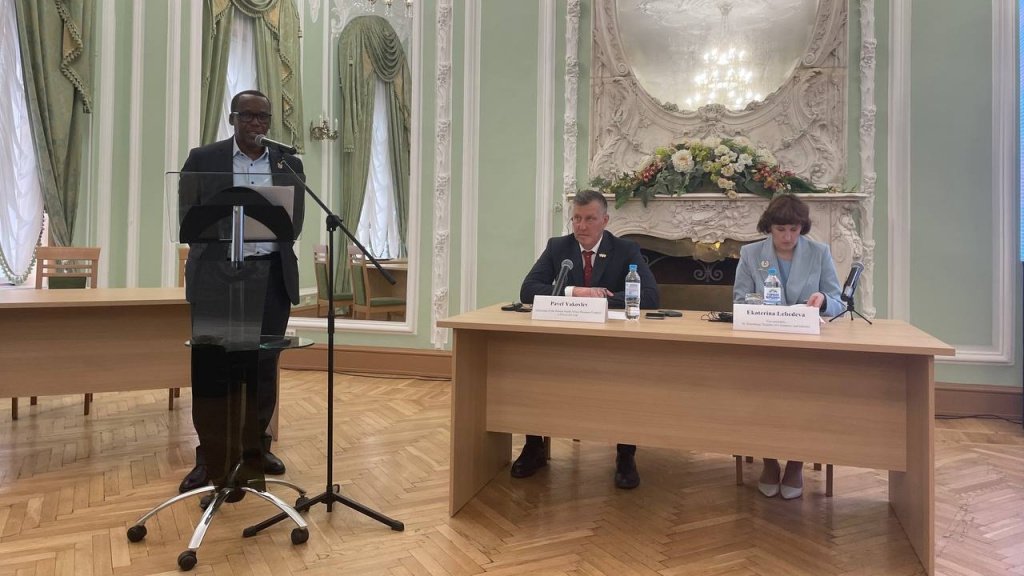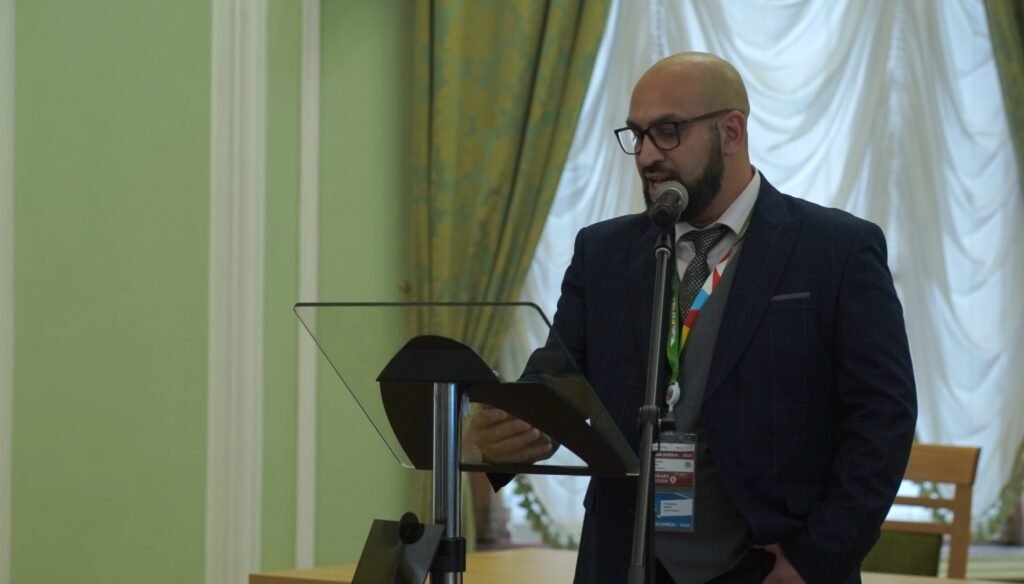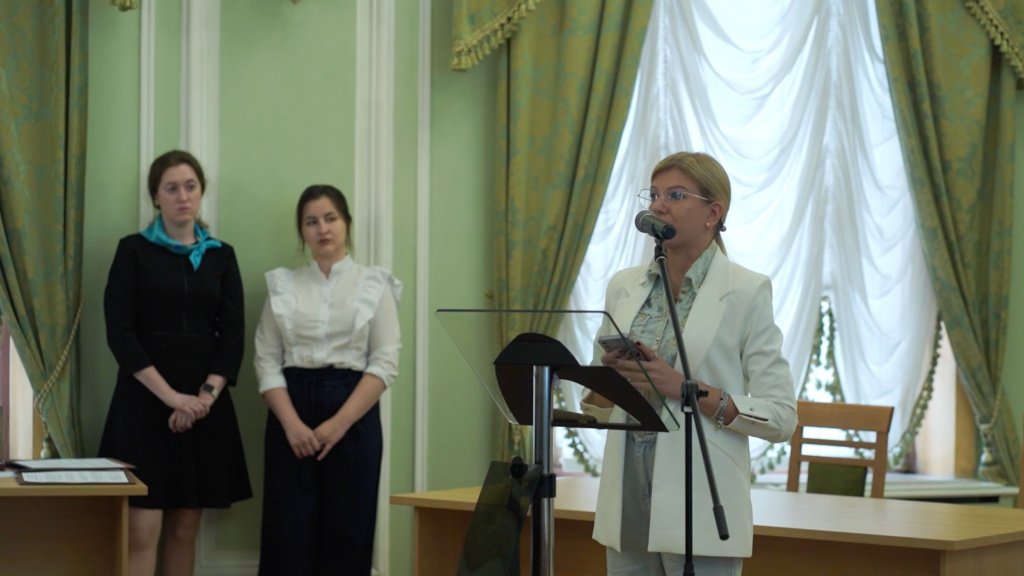
The event was dedicated to the development of long-term business relations between the countries
On Friday, July 28, the St. Petersburg Chamber of Commerce and Industry hosted a Russia-South Africa business dialogue dedicated to the development of long-term business relations. The event was organized by the Russia-South Africa Business Council. The meeting was moderated by Pavel Yakovlev, Chairman of the Russia-South Africa Business Council, Director General of AZ Ural, and Ekaterina Lebedeva, Vice President of the St. Petersburg Chamber of Commerce and Industry.
“In the first quarter of 2023, trade turnover increased by more than 20 per cent. At the end of last year, we supplied goods worth $191 million from South Africa to St Petersburg. At the same time, we exported goods worth $13.7 million. The main products we export are fruits. In January, a ship with 2 thousand tonnes of fresh fruit arrives in St. Petersburg every year, which immediately ends up in the city’s shops”
Vladimir KatenevPresident of the St. Petersburg Chamber of Commerce and Industry.
Among the existing problems in trade relations between the Russian Federation and Africa, including South Africa, he named mutual settlements: “Just the other day we discussed the settlement scheme with the Egyptian Minister of Economy, who proposed returning to the barter scheme. At present, it is not very regulated in our tax and customs legislation, but it could well work.” Katenev added that this issue requires further study.Mzuvukile Maketuka , Ambassador Extraordinary and Plenipotentiary of South Africa to the Russian Federation, highly appreciated the role of the Northern capital of the Russian Federation for Russian-African relations: “The Russian branch of the Business Council is very well known to us and to me in particular thanks to the activities of some programs, such as, for example, the Subcommittee on Agriculture and food of the country. St. Petersburg as a whole is strategically important for South Africa. I think about 90 percent of the imports that go to the Russian Federation go to St. Petersburg. One of the most priority areas for us is the logistics of South African seaports

Elias Monage, chairman of the Black Business National Council and executive chairman of Afika Group, spoke about the challenges facing African countries and ways to address them.
“Some of the issues that we as a business need to piece together are about the payment system in the absence of a solution for ongoing trade. The second part of the problem, which, from our point of view, needs to be addressed is the issue of cooperation, harmonization and – in terms of the projects that we are conducting from both countries, especially from the point of view of South Africa – the issue of the energy crisis. To overcome it, a joint approach and various forms are required, which we must discuss, be it gas, water, energy components. The development of infrastructure is dalso important for us. Given the history of your country, we see consistency in resolving these issues,” he said.

Shalen Singh, chairman of DepiJet Petroleum and DepiMedia.
“Under our generation, the media sphere has indeed become a powerful category that shapes not only public perception but also influences decision-making that paves the way for the new economy. As we go down this path, we cannot ignore the enormous potential that exists within our countries and the contribution of individuals, gatherings of businessmen and entrepreneurs who are doing the work. South Africa and Russia have not fully realised their potential. Sharing content of national media plays a crucial role,” said Shalen Singh, Director of Depijet.

In her turn, Ksenia Komissarova, editor-in-chief of TV BRICS, explained how the international network works.
“The topics of economic cooperation between Russia and South Africa, as well as business cooperation, are a priority for us. Our reports and text news in Russian are translated into English, Portuguese and Chinese and sent to the network’s media partners for publication on their resources, for foreign audiences. Today TV BRICS already has more than 50 such partners. These are national media, including the largest ones from the BRICS countries, Africa, Eurasia and Latin America. In return, we also receive content from them, which we translate, adapt, post ourselves and share with our partners. This multilateral exchange allows us to obtain and disseminate high-quality information about the economy as a whole and its individual industries, using the examples of operating companies. In this way we contribute to their promotion and recognition.
The editor-in-chief of TV BRICS added that a series of documentaries about gold mining in Russia has been shown in South Africa, aired by the media network’s partners. “Soon we plan to show a film on silver mining as well. It is encouraging that the economic and business agenda of Russia and South Africa is becoming wider and wider. This means that we will definitely have something to talk about and thus continue to contribute to strengthening cooperation between the two countries,” said Ksenia Komissarova.

In addition, the meeting included the signing of a Memorandum of Understanding between the Russia-South Africa Business Council and the Chelyabinsk Region Chamber of Commerce and Industry, as well as the signing of a Memorandum of Understanding between the Russia-South Africa Business Council and National Coordination Centre for the Development of Economic Relations with Asia-Pacific Countries.
Photo: TV BRICS

